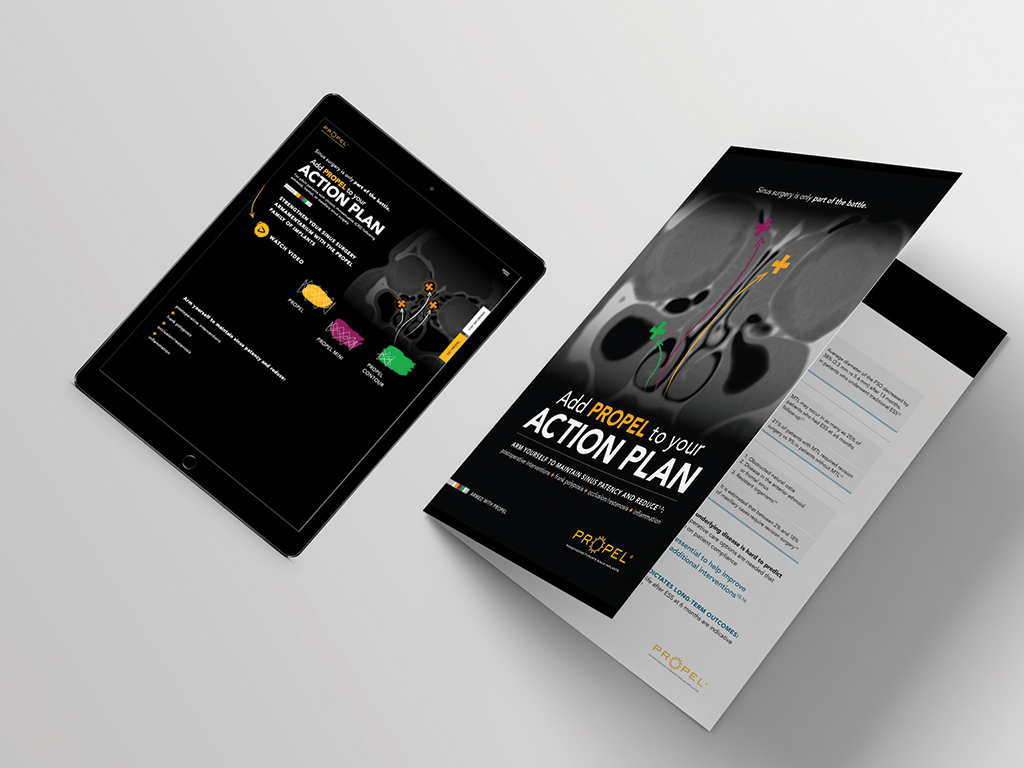
Click here for the Director’s Cut
In response to client needs and the pandemic, PRI Healthcare Solutions effected more than its share of changes during 2020. It restructured into two units, PRI Health and PRI Digital, and accounted for restrictions on rep access by using its trove of data effectively and imaginatively. It also engineered some of the industry’s best-received virtual events. (PRI, like MM+M, is owned by Haymarket Media.)
Do not, however, suggest to either GM Tammy Chernin or SVP, PRI Health Brian Layden that PRI “pivoted” at any point during the pandemic. “I hate that word,” Chernin says with a laugh. “The real way to put it is that we were able to address the lack of rep access by flashing our creative chops and digital acumen.”
Layden agrees both with the sentiment and the notion that “pivoting” is cliché. “It was obviously a little tough seeing $10 million in live event revenue go away overnight,” he says. “We adapted to different issues and needs and circumstances.”

PRI did so quite successfully, especially when the $10 million figure Layden cites is taken into account. The firm grew revenue by 3%, from $17.9 million in 2019 to $18.4 million in 2020. Amid an industry-wide hiring crunch, it was able to bolster staff size from 82 people at the start of the year to 89 at the end of it. Notable additions included Dean Muscio, who joined from Moose Business Intelligence in December to serve as SVP, PRI Digital.
Muscio’s arrival coincided with the transformation of PRI into a fully staffed digital powerhouse, with a 30-strong team of developers, UX experts and project managers. Three years ago, digital work comprised only 20% of PRI’s revenue base; in 2020, that figure surged to 60%.
When paired with the agency’s longstanding data and analytics facility and med-ed expertise, the upgraded PRI offering proved compelling. “You can make beautiful imagery, but if you don’t have those connections and don’t understand data, you’re not going to drive quality engagement,” Muscio says.
In 2020, PRI added assignments from Novartis (on its MS portfolio), Merck (oncology brands), Genzyme (prostate cancer drug Jevtana) and Alvogen (osteoporosis treatment teriparatide). They joined work from Bristol Myers Squibb, Janssen and Sanofi on the agency’s roster.
With that expanded roster came an overdue shift in industry perception. “We’ve demonstrated that we’re much more than a live events company or company that can create a virtual or digital product,” Chernin says. Layden puts it equally succinctly: “Clients may know us from one specific channel or discipline, but we’ve shown we can do a lot more.”
In the months ahead, look for PRI to continue to add more digital tools, including a podcast product, to its burgeoning portfolio. And look for the agency to build on its 2020 and early 2021 success in bringing in A-list talent.
“The thinking has traditionally been ‘always put the client first and success will be yours,’” Chernin says. “But success is making sure our people are happy. If they feel supported, they’ll do right by our clients.”
. . .
The idea I wish I had…
Verzuz was introduced during the pandemic as a virtual DJ battle on Instagram. The rules came together on the fly through trial and error. Throughout the quarantine, the series grew from a novel event bridging hip hop’s past and present into an uplifting “must-see-remote-but-live” experience at a time when live shows and festivals were sidelined by the pandemic. What we love about this idea is that it brings people together to celebrate music in an engaging way, in a time where people desperately need to connect. — Tammy Chernin
From the June 01, 2021 Issue of MM+M - Medical Marketing and Media







